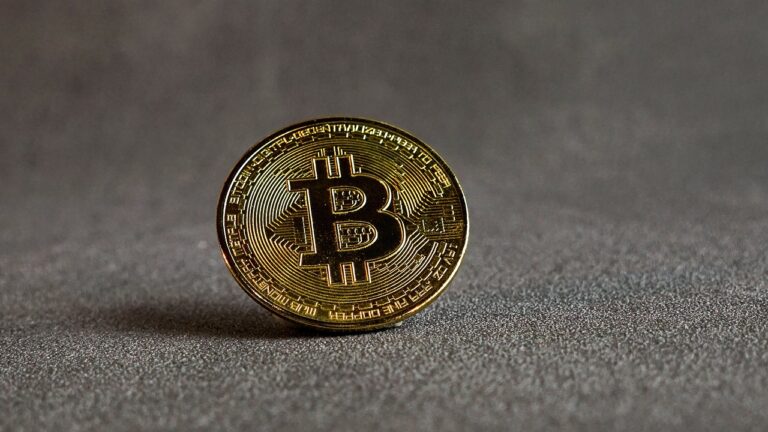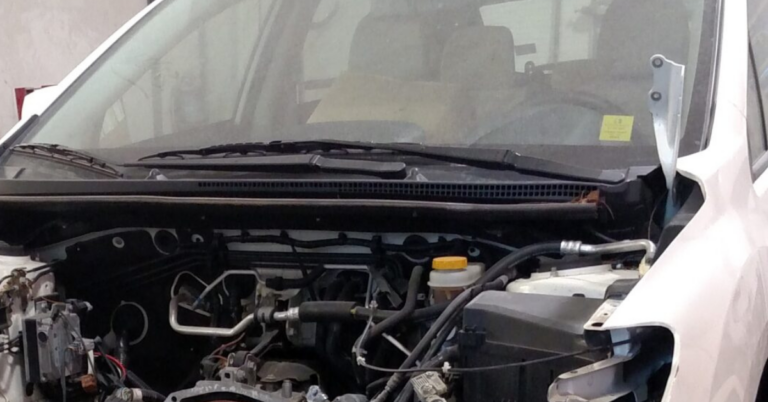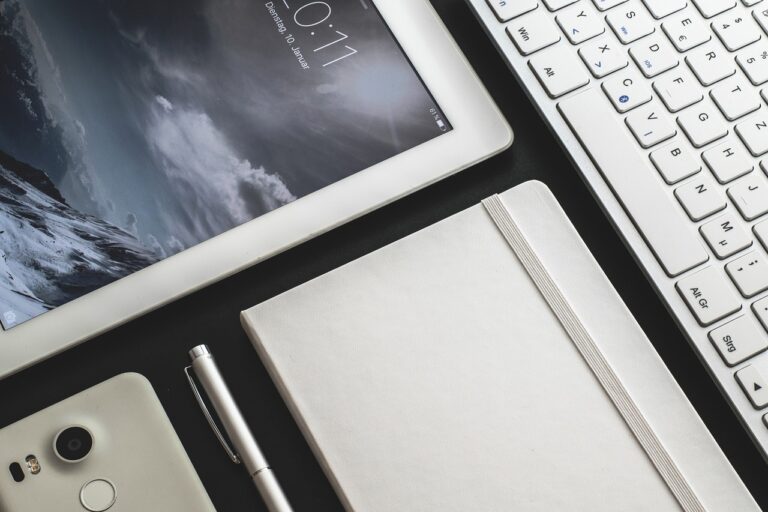Trends in Biosensors: Applications in Diagnostics and Healthcare Monitoring
betbhai99 com login, radheexch, my99exch:Biosensors have become an integral part of modern healthcare, offering quick and reliable solutions for diagnostics and monitoring. These devices utilize biological molecules to detect specific analytes and provide real-time information for a range of applications. In this article, we will explore the latest trends in biosensors and their applications in diagnostics and healthcare monitoring.
The Evolution of Biosensors
Over the years, biosensors have undergone significant advancements, leading to greater sensitivity, specificity, and accuracy. Traditional biosensors were primarily based on enzymes or antibodies immobilized on a transducer surface. However, recent developments have seen the integration of nanotechnology, microfluidics, and biocompatible materials, enhancing the performance of biosensors.
One of the key trends in biosensors is the development of wearable devices for continuous monitoring of physiological parameters. These devices can track vital signs such as heart rate, blood pressure, and glucose levels, providing valuable data for preventive healthcare and disease management. The miniaturization of biosensors has also enabled their integration into smartphones and smartwatches, making healthcare monitoring more accessible and convenient for users.
Applications in Diagnostics
Biosensors play a crucial role in the field of diagnostics, offering rapid and accurate detection of various diseases and pathogens. For instance, biosensors have been developed for the detection of infectious diseases such as COVID-19, providing quick results with high sensitivity. These point-of-care devices have revolutionized the way diseases are diagnosed, enabling timely intervention and treatment.
In addition to infectious diseases, biosensors are also used for monitoring chronic conditions such as diabetes and cardiovascular diseases. Glucose biosensors, for example, allow patients to monitor their blood sugar levels at home, reducing the need for frequent hospital visits. Similarly, biosensors for cardiac biomarkers can detect early signs of heart conditions, enabling timely intervention and prevention.
Healthcare Monitoring
Another significant application of biosensors is in healthcare monitoring, where these devices are used to track patient health status in real-time. Continuous monitoring of vital signs and biomarkers can provide valuable insights into the progression of diseases and the effectiveness of treatments. Moreover, biosensors can alert healthcare providers to any sudden changes in a patient’s condition, enabling prompt medical intervention.
Remote patient monitoring is another emerging trend in healthcare, where biosensors are used to monitor patients outside traditional clinical settings. This allows for personalized care and early detection of complications, improving patient outcomes and reducing healthcare costs. By harnessing the power of biosensors, healthcare providers can deliver proactive and efficient care to patients, leading to better overall health and well-being.
Future Perspectives
The future of biosensors looks promising, with ongoing research focusing on enhancing their performance and expanding their applications. Innovations in wearable technology, artificial intelligence, and Internet of Things (IoT) are expected to further revolutionize healthcare monitoring and diagnostics. For instance, implantable biosensors could monitor chronic conditions in real-time, providing personalized treatment strategies for patients.
Moreover, the integration of biosensors with telemedicine platforms could enable remote consultations and virtual monitoring, making healthcare more accessible to underserved populations. As biosensors continue to evolve, they have the potential to transform the healthcare industry, improving patient outcomes and revolutionizing the way diseases are diagnosed and managed.
FAQs
Q: What is a biosensor?
A: A biosensor is a device that utilizes biological molecules to detect specific analytes and provide real-time information for various applications in healthcare and diagnostics.
Q: How are biosensors used in diagnostics?
A: Biosensors are used in diagnostics to detect diseases and pathogens rapidly and accurately, enabling timely intervention and treatment.
Q: What are the future prospects of biosensors in healthcare?
A: The future of biosensors in healthcare looks promising, with ongoing research focusing on enhancing their performance and expanding their applications to revolutionize healthcare monitoring and diagnostics.







